Sai Sathiesh Rajan
Singapore University of Technology and Design
Distribution-aware Fairness Test Generation
May 08, 2023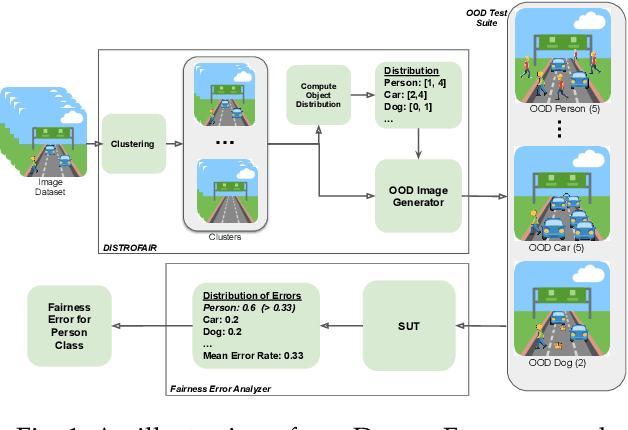
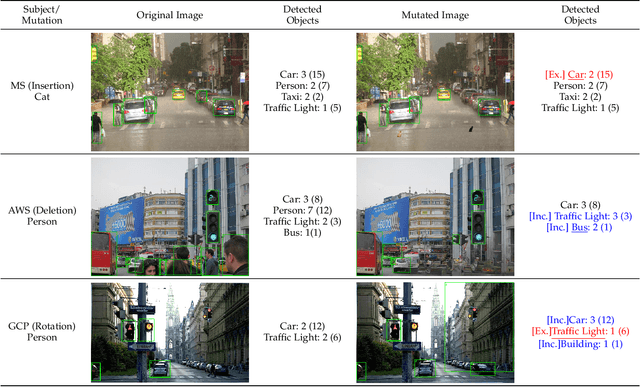
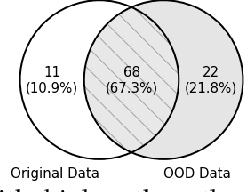
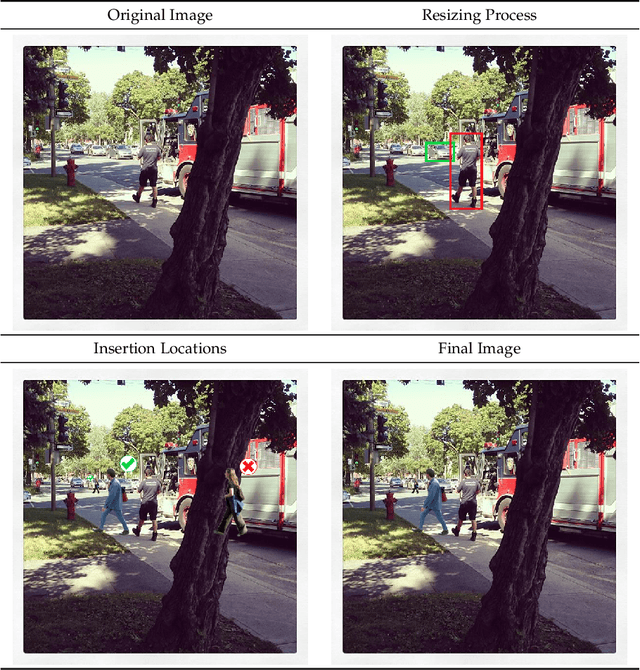
Abstract:This work addresses how to validate group fairness in image recognition software. We propose a distribution-aware fairness testing approach (called DistroFair) that systematically exposes class-level fairness violations in image classifiers via a synergistic combination of out-of-distribution (OOD) testing and semantic-preserving image mutation. DistroFair automatically learns the distribution (e.g., number/orientation) of objects in a set of images. Then it systematically mutates objects in the images to become OOD using three semantic-preserving image mutations -- object deletion, object insertion and object rotation. We evaluate DistroFair using two well-known datasets (CityScapes and MS-COCO) and three major, commercial image recognition software (namely, Amazon Rekognition, Google Cloud Vision and Azure Computer Vision). Results show that about 21% of images generated by DistroFair reveal class-level fairness violations using either ground truth or metamorphic oracles. DistroFair is up to 2.3x more effective than two main baselines, i.e., (a) an approach which focuses on generating images only within the distribution (ID) and (b) fairness analysis using only the original image dataset. We further observed that DistroFair is efficient, it generates 460 images per hour, on average. Finally, we evaluate the semantic validity of our approach via a user study with 81 participants, using 30 real images and 30 corresponding mutated images generated by DistroFair. We found that images generated by DistroFair are 80% as realistic as real-world images.
AequeVox: Automated Fairness Testing of Speech Recognition Systems
Oct 19, 2021
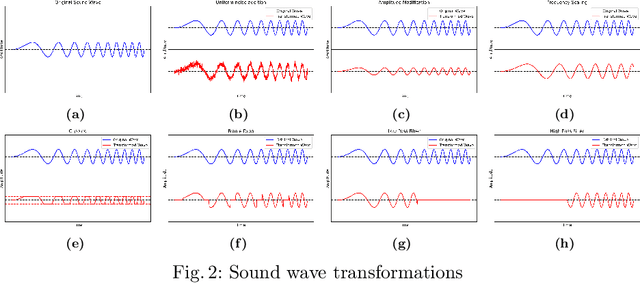

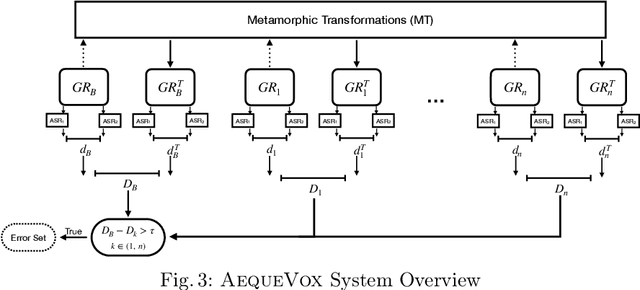
Abstract:Automatic Speech Recognition (ASR) systems have become ubiquitous. They can be found in a variety of form factors and are increasingly important in our daily lives. As such, ensuring that these systems are equitable to different subgroups of the population is crucial. In this paper, we introduce, AequeVox, an automated testing framework for evaluating the fairness of ASR systems. AequeVox simulates different environments to assess the effectiveness of ASR systems for different populations. In addition, we investigate whether the chosen simulations are comprehensible to humans. We further propose a fault localization technique capable of identifying words that are not robust to these varying environments. Both components of AequeVox are able to operate in the absence of ground truth data. We evaluated AequeVox on speech from four different datasets using three different commercial ASRs. Our experiments reveal that non-native English, female and Nigerian English speakers generate 109%, 528.5% and 156.9% more errors, on average than native English, male and UK Midlands speakers, respectively. Our user study also reveals that 82.9% of the simulations (employed through speech transformations) had a comprehensibility rating above seven (out of ten), with the lowest rating being 6.78. This further validates the fairness violations discovered by AequeVox. Finally, we show that the non-robust words, as predicted by the fault localization technique embodied in AequeVox, show 223.8% more errors than the predicted robust words across all ASRs.
 Add to Chrome
Add to Chrome Add to Firefox
Add to Firefox Add to Edge
Add to Edge